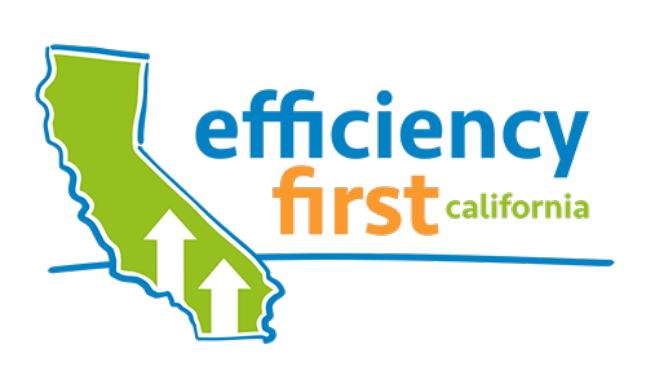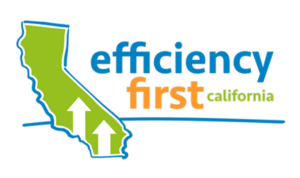CEC IPER
California Energy Commission provides an (IPER) every two years with annual updates. CEC held two IEPR (Integrated Energy Policy Report) meetings in June. These “workshops” were intended as forums to present new ideas and obtain stakeholder feedback.
- June 7th – Doubling EE savings as per SB 350 – Energy Efficiency is at the top of the loading order for the state. SB 350 requires the state to double its previous savings goals, this will not be an easy goal to meet. Commissioner McAllister discussed the policy shift from overall savings to emissions and how energy savings now has a time element based on when it occurs. Certain EE measures will have more value if they reduce load on the grid (e.g. High SEER A/C condensers). There was conversation about supporting data driven decision making and properly valuing EE upgrades. There were presentations regarding the opportunity to reduce energy use by encouraging heat pump technology, which looks to be substantial. There was a discussion on how to maximize EE as a grid resource in order to reduce electrical production and how to use normalized energy consumption data to improve overall savings. The role of behavior was a new topic, including a seasonal savings program created by SoCalGas in partnership with NEST, and how energy reports (HERs) can lead to measurable savings. There were several conversations about the role of Pay-for-Performance (P4P) programs and the role of third party program designs in meeting our states goals. Written comments are due by June 21st, 5:00 pm.
- June 14th – De-carbonization – Did you know that building related emissions represent over 25% of the emissions in California? The presentations included information on natural gas use in California by industry, and how natural gas typically used in residential applications. Are you aware the 90% of the natural gas used in California is imported from out of state? A new report has found that the natural gas distribution system in CA is old and leaky. The emissions from these leaks are much greater than anticipated. Natural gas transmission leaks are a serious emissions concern as methane is a powerful and destructive greenhouse gas. This is important, as replacing natural gas with zero emission energy (most often electricity) will be a large part of reducing emissions in California. Several presentations showcased new zero-carbon technologies and overall strategies for emission reduction. There was a discussion about the 2019 energy code (T-24) and changing the Alternative Compliance Method (ACM) which is a barrier to electrification. The role of electric appliances was discussed as a logical choice, due to their greater efficiency. Electricity in general is always a part of the conversation due to the continued “greening” of California’s electrical supply. Fuel switching and substitution were discussed along with some new utility sponsored incentive programs that support and encourage fuel switching (including SMUD’s HPP retrofit program that EFCA manages). The meeting was well attended. Ultimately the end goal is to create Zero Emissions buildings. Written comments are due by June 28th, 5:00 pm.
Energy Legislation: A quick update.
AB 3232 (Friedman): Defines long-term policy goals to reduce GHG emissions in buildings by fifty percent by 2030 and requires that all new buildings to be zero emissions by 2030.
Up for vote:
Senate Energy Committee – June 19th
Senate Environmental Quality Committee – June 20st
SB 1477 (Stern): Provides incentives for 1. Near-zero emissions buildings and 2. Market transformation for near-zero emissions technology.
Up for vote:
Assembly Natural Resources – June 18th
Assemblies Utilities – June 27th
AB 2195 (Chau): Quantify and report the GHG emissions from distribution leakage related to natural gas imported from out of state, (90% of the nat. gas in CA is imported) EDF sponsor.
We will continue to support these bills and provide updates on their progress.


